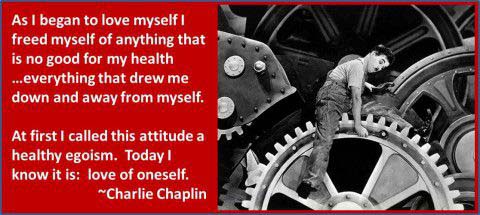4 Aspects of Self Compassion In Midlife Transition

To have compassion for oneself during midlife transition can sometimes feel like a tall order.

Often, midlife transition can be a time when the inner critic shifts into high gear, and it can be all too easy to find oneself deeply caught up in self-reproach, regret and self-criticism.
What are the most important ways self compassion needs to prevail during midlife transition?
[hs_form id=”17″]
Lost
It can be hard for a person to admit to a strong sense of lostness during the midlife transition, yet, more often that people would care to admit, that can be the truth.
Is it possible to find compassion for the person whose maps no longer work? Can we accept and be kind to that aspect of ourselves that doesn’t know where to go and what to do?
Often, the experience of lostness calls for compassion for the lost person within us, often a lost child.
It can be fundamentally important to simply acknowledge the state of being lost. To recognize and admit this, to emerge from behind our omnicompetent mask: these may be key parts of theprocess of finding a new direction.

With Specific Regrets
As life progresses, regret can become one of the most powerful of anti-life forces.
As anyone who has ever faced its full impact can attest, regret can feel overwhelming and devastating.
Full-blown regret can become a sink hole for our energy, sapping our will and seemingly eliminating our ability to get past it.
To truly move beyond regret involves the gradual development of forgiveness and compassion for the suffering self. From this important psychological work gradually comes the capacity to find a way live beyond the regret. Such work is neither fast nor simplistically easy.
Suffering and Humiliation
Similarly, it’s essential to move beyond contempt for the suffering and/or humiliated self. Often people are subjected to states where they experience humiliation or a genuine sense of suffering and weakness largely through no fault of their own. This can often be associated with suffering as children, although it can certainly happen at other key stages of life as well.
It’s often very hard to forgive ourselves for child-like weakness and neediness, and we often cannot forgive the self that has undergone humiliation. We have contempt for our own weakness and vulnerability. Attempting to get away from this humiliation can play a key role in obsessions with success and power, which often shield us from shame and self-contempt. Yet no amount of success or power will ever shield us enough: only compassion for ourself can ever begin to heal.
Compassion for the Shadow
We also need to find acceptance and compassion for the shadow, the unacknowledged self. As I have tried to suggest in a number of blog posts, the acceptance of those parts of the self that are not acknowledged by the ego is a very important matter.
Shadow work is acknowledging the person in us who is less kind, less knowledgeable or competent, less moral, more angry or vindictive, more self-centered — or even more full of life — than we would wish to be. This is a major work of compassion and self-acceptance.
Discerning the Path That I Am
Jung seems to me to embody self compassion in the following quotation:
But what if I should discover that the least amongst them all, the poorest of all beggars, the most impudent of all offenders… that these are within me, and that I myself stand in need of the alms of my own kindness, that I myself am the enemy who must be loved— what then?
What if the biggest and most difficult task of love is to love the weak, wounded and shamed parts of ourselves? Yes, what then?
The journey to accept who and what we are, and to have compassion for all aspects of ourselves is the core of individual case studies, and an essential dimension of moving through midlife transition and all major life transitions.
With every good wish for your personal journey,
[cta]
